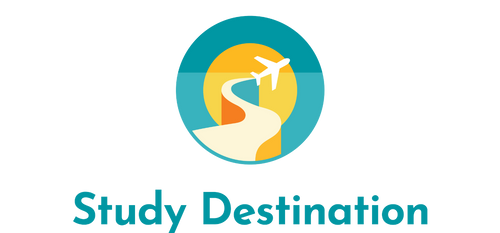Your complete guide to studying, working, and living in Ireland as an international student.
Quick Links
- Why Study in Ireland?
- Types of Study Programs
- Requirements to Study in Ireland
- Work Options for Students
- Life in Ireland
Why Study in Ireland? ☘️
Ireland is famous for its high-quality education, friendly culture, and opportunities for international students. Known as the Emerald Isle, it’s home to beautiful landscapes, historical sites, and a vibrant city life. Students love Ireland for its globally recognized universities, flexible work-study options, and a welcoming atmosphere that feels like home.
Types of Study Programs in Ireland 🎓
Ireland offers various programs, whether you’re interested in language learning or pursuing a degree. Here’s a quick overview:
English Language Courses 🗣️
Intensive English: Short-term, immersive courses focusing on speaking skills—perfect for stays under 3 months with a tourist visa.Vocational Education & Training (VET)
University Degrees and Higher Education 🎓
- Ireland’s universities rank among the best worldwide, offering undergraduate and postgraduate programs in diverse fields.
- Popular institutions include Trinity College Dublin, University College Cork, and the National University of Ireland.
- To enroll, most degree programs require a B1 English level and proof of qualifications (e.g., TOEFL, IELTS).
Requirements for Studying in Ireland ✅
To study in Ireland, international students need to meet certain requirements:
- Enrollment in an Accredited Program: Choose a course from the Provisional List of Eligible Programs (ILEP) to ensure eligibility for visas and work rights.
-
Visa Requirements:
- EU Students: No visa required; simply register your stay if it exceeds 3 months.
- Non-EU Students: Apply for a Student Visa (Long Stay D) for courses over 3 months.
- English Proficiency: A minimum B1 English level is usually required for academic courses, verified through TOEFL, IELTS, or similar tests.
-
Health Insurance 🩺:
- Non-EU students must have health insurance for their stay.
- EU students can use their European Health Insurance Card (EHIC) for basic coverage but should consider extra insurance.
- Proof of Funds 💸: Demonstrate financial means to cover living expenses, typically around €10,000.
Work Options for Students 💼
Many students in Ireland take advantage of work opportunities to gain experience and support themselves financially. Here’s how it works:
-
Work Permissions:
- Student Visa Holders: You can work up to 20 hours per week during the academic term and up to 40 hours per week during holidays.
- To be eligible, you must be enrolled in a full-time course listed on the ILEP, with a minimum of 15 study hours per week.
- Irish Residence Permit (IRP): Required for students staying over 90 days and necessary for work eligibility.
- PPS Number: The Personal Public Service Number is needed for tax purposes. You can apply for this once you have your IRP and proof of address.
Student Life in Ireland ☘️
Studying in Ireland isn’t just about academics. Here’s what makes student life unique:
- Campus Life: Join clubs, attend events, and engage with a diverse community of students from around the world.
- Work-Study Balance: Part-time work options let students support themselves while enjoying Ireland’s cultural landscape.
- Cultural Immersion: Experience Irish festivals, traditional music, and warm pub culture. Don’t miss St. Patrick’s Day celebrations and explore iconic sites like the Cliffs of Moher and the Giant’s Causeway.


